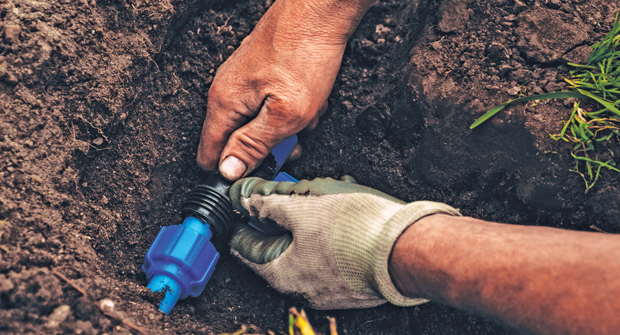Rain Bird has announced it will support the National Mayor’s Challenge For Water Conservation, now in its second year.
This non-profit competition, which the company sponsored last year as well, is designed to encourage city leaders to inspire their residents to make online pledges to conserve water, save energy and reduce pollution throughout April, which is Earth Month.
“We applaud mayors everywhere for their participation in this national campaign,” said Dave Johnson, Rain Bird’s director of corporate marketing. “The friendly competition not only encourages greater awareness of the need to conserve water, but also inspires and spurs meaningful action. Participation in this program goes hand-in-hand with Rain Bird’s commitment to the Intelligent Use of Water philosophy that is instilled into every facet of our operations, products and technologies.”
Other program sponsors include the Wyland Foundation, Toyota, the United States Environmental Protection Agency, National League of Cities, Lowe’s home improvement stores, the U.S. Forest Service and CH2M Hill Watermatch.
Participating residents visit the designated website, enter the name of their city and make a pledge to save water. They are then entered to win such environmentally-friendly prizes as custom-designed Rain Bird irrigation systems, a Toyota Prius C Hybrid, and Lowe’s gift cards.
The challenge divides cities into five population categories: 5,000 – 30,000 residents, 30,000 – 100,000 residents, 100,000 – 300,000 residents, 300,000 – 600,000 residents, and cities with more than 600,000 residents. One city will be declared the winner in each of the five population categories.
To encourage participation, mayors may use an online petition to inspire residents to drastically reduce water and energy use.
Last year, residents from 1,000 cities in all 50 states made online pledges to save a total of 4.7 billion gallons of water over the next year, a potential cost savings of $11.6 million. They also pledged to reduce their use of single-use plastic water bottles by 1.1 million bottles and eliminate 60,000 pounds of hazardous waste from entering watersheds.

